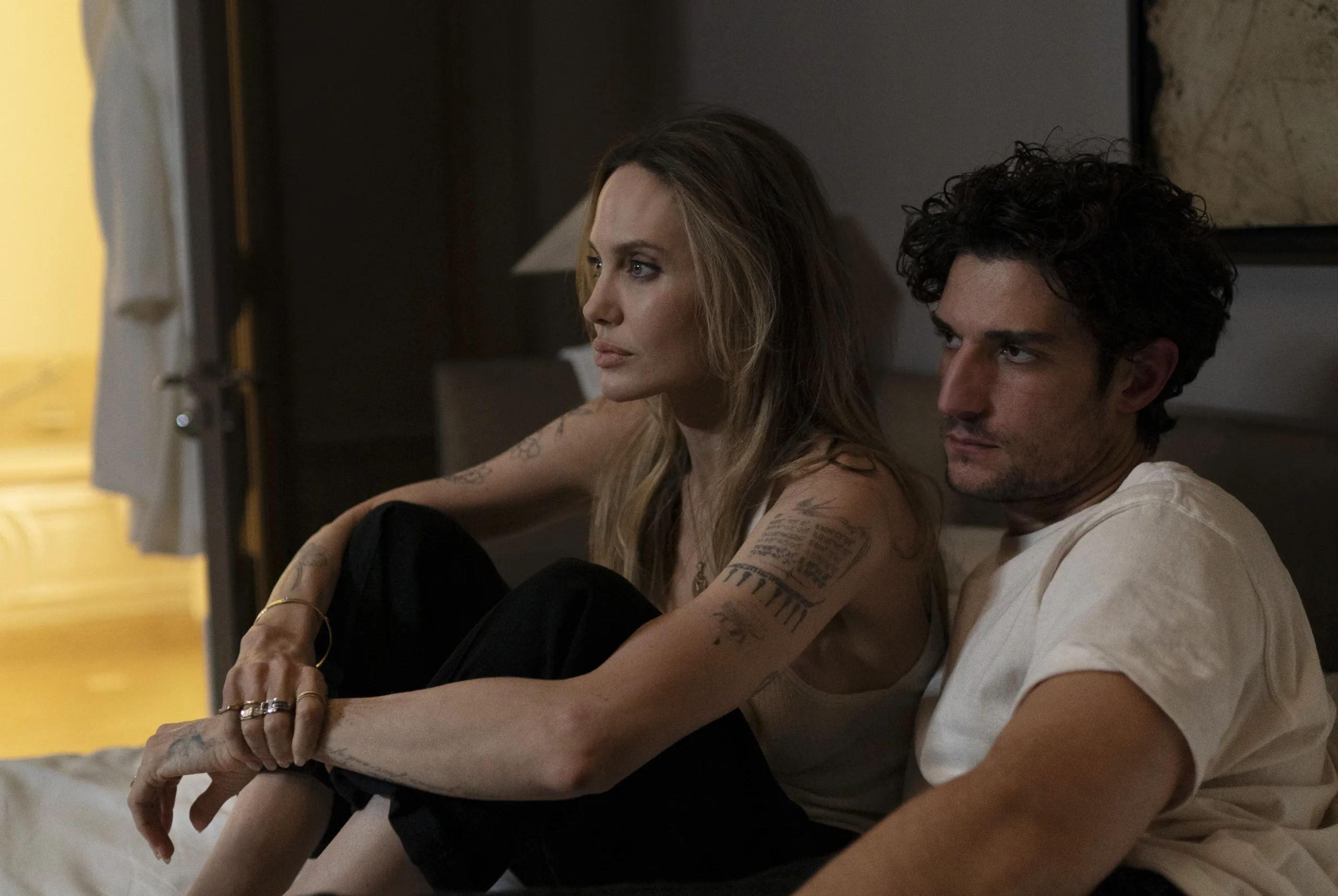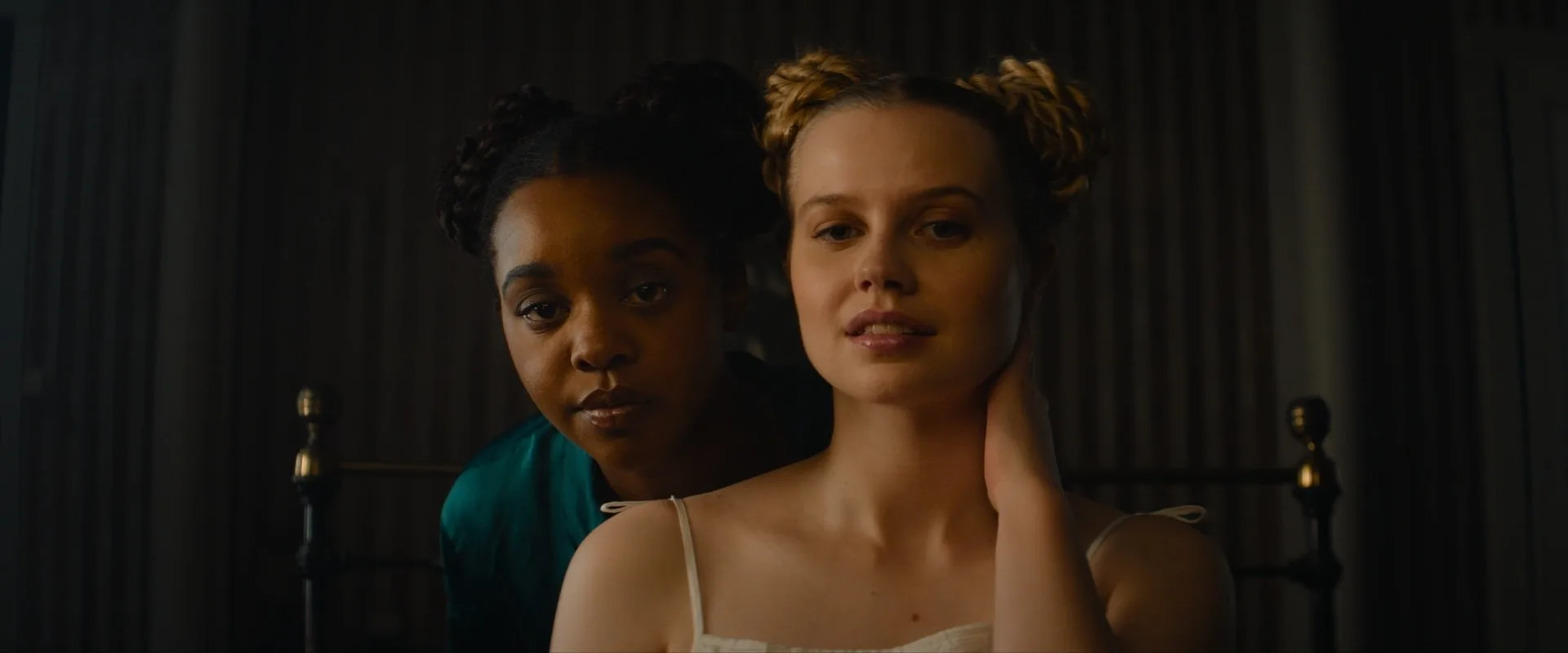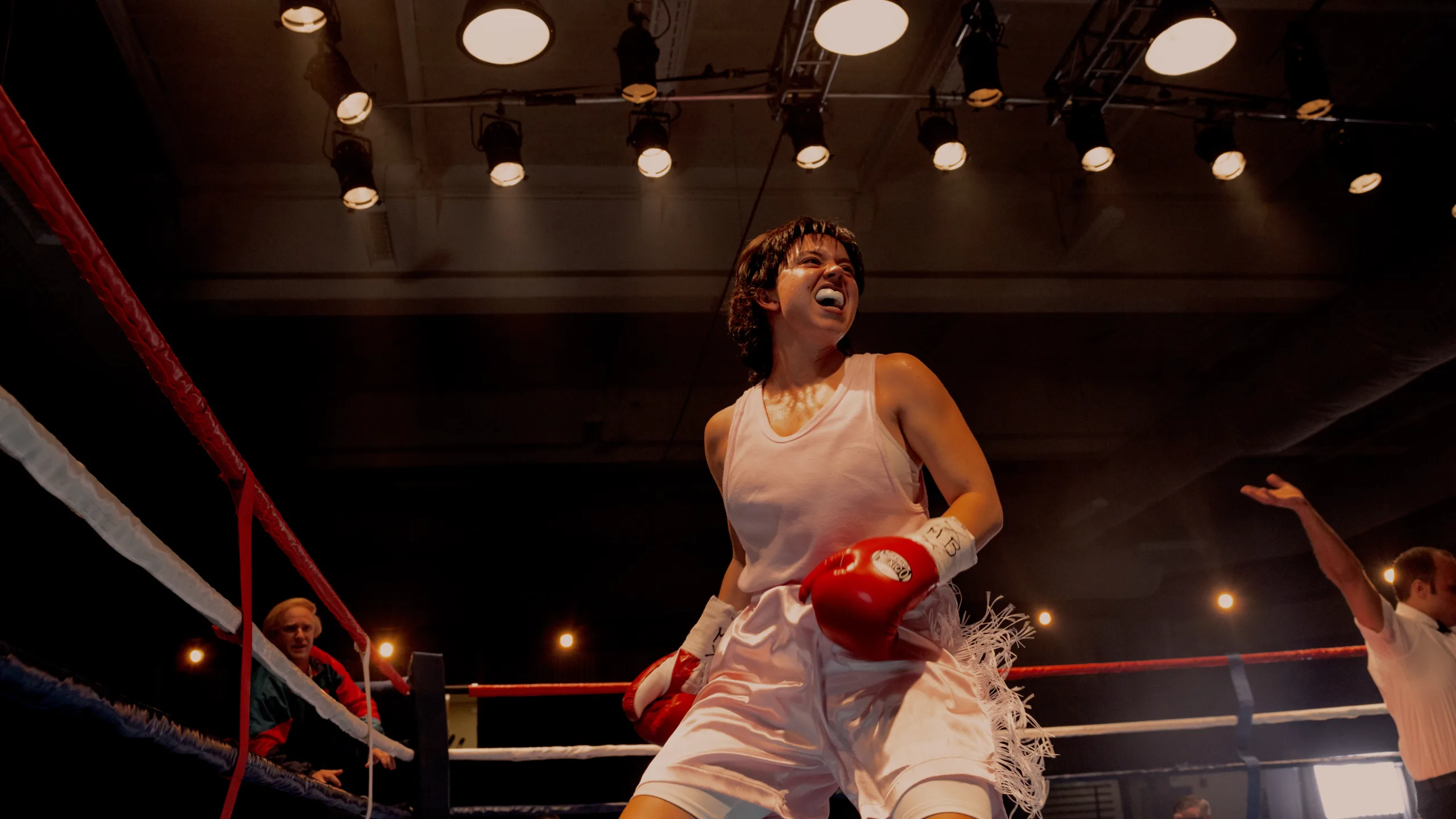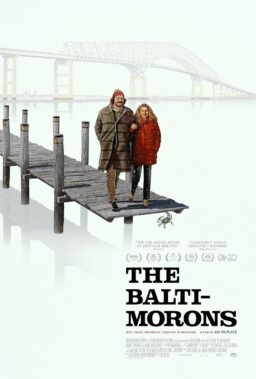I saw numerous films at this year’s Toronto International Film Festival that dealt with female autonomy within a global society at large that seeks to police our bodies, silence our minds, and in many cases, disappear us altogether. Three such films, all of which had world premieres at the festival, explored these themes with vastly different approaches to genre.
David Michôd’s “Christy” is a sports biopic that slowly morphs into an examination of the subtle ways a woman can be trapped in a cycle of emotional and physical domestic violence. Alice Winocour’s Paris Fashion Week-set drama “Couture” is interested in how, even though a woman’s body can be currency, their heart and mind are often ignored or belittled. Lastly, Clement Virgo’s stylish dystopian fairytale “Steal Away” connects our current immigration crisis to the underground railroad while also interrogating how society’s obsession with women’s fertility can lean toward abuse.
“Christy,” David Michôd’s biopic of boxer Christy Martin (Sydney Sweeney), who hailed from West Virginia and was nicknamed “The Coal Miner’s Daughter,” relies a bit too much on the tropes of the genre, but packs an explosive emotional wallop in its final twenty minutes. Clocking in at two hours and fifteen minutes, this is an overstuffed film that tries to pack everything from Martin’s Wikipedia into its bloated runtime, leaving most of the film’s emotional weight for its ending. The boxing sequences aren’t filmed particularly well, and Sweeney, who appears not to have even bothered to tone her arm muscles, doesn’t sell herself as a boxer. Foster, as her trainer and abusive husband James V. Martin, is not afraid to be completely unlikable, which would be admirable if the film’s script, co-written by Mirrah Foulkes, could add any nuance to its characters. Merritt Wever plays Christy’s deeply conservative mother, Joyce, as a cliché, while Ethan Embry brings a soulful subtlety to his role as her mostly silent coal mining dad.
The only other actor who comes across with any semblance of naturalism to their performance is Katy O’Brian, who would have been a better choice for the film’s lead, as she has more than proven she has the emotional and physical weight it demands. There’s also a lack of curiosity in terms of the psychology of Christy, who, once she started boxing professionally, left her college sweetheart, Roise (Jess Gabor), and played the role of dutiful housewife for publicity purposes while derisively calling her fellow athletes “dykes.” The end of the film is harrowing; I admit it made me cry and left me shaken. But ultimately, the incuriosity and shallowness of Michôd’s film, compared with something like Rachel Morrison’s underseen “The Fire Inside,” whose perceptive script was penned by Barry Jenkins, made it even more of a rare achievement.

Curiously, at two films I watched during this year’s festival, I was seated next to men who could not handle films that expressed a woman’s interiority for two hours. In the first film, Mary Bronstein’s excellent fever dream “If I Had Legs I’d Kick You,” the man stayed throughout. Still, several comments he made afterwards made it clear he not only did not get the film, but I questioned whether or not he was, in fact, a virulent misogynist.
A few days later I had a similar experience at the world premiere of Alice Winocour’s cerebral drama “Couture,” which centers on a few days in the life of a trio of women during Paris Fashion Week–Maxine (Angelina Jolie, giving her most raw and vulnerable performance in years due to the role’s autobiographical nature), an American film director who gets a dire medical diagnosis while filming a fashion video during Paris Fashion Week; Ada (Anyier Anei), an 18-year-old from Nairobi who was plucked out of pharmacy school to be the show’s “fresh-faced” opener who is navigating her first time in Europe with all its casual, and not so-casual, racism as she comes into her own as an artist; and Angèle (Ella Rumpf), a makeup artist who uses her down time to write about her experience in this often abusive industry.
Winocour deftly weaves in and out of their stories, and a few other women whose hard work keeps the industry ticking, with slick image and sound edits that wrapped me up in a sublime trance. That is, when it wasn’t interrupted by the light of the watch worn by the man sitting next to me, who checked it every five minutes for the first twenty-five minutes of the film. Then, after Angèle is told by a writing professional that just because her writing is based on real events “doesn’t mean it’s interesting,” the man promptly had enough and left. What’s fascinating to me about these instances is that they are both films that ask the audience to slip inside the lives, hearts, minds, and dreams of women, just for a little bit, and yet, from my perspective, that was a bridge too far for these men. Something tells me Chantal Akerman would be proud.

Using Karolyn Smardz Frost’s narrative nonfiction work Steal Away Home as a thematic starting point, Clement Virgo’s “Steal Away” places readers in a land out of time, following two young women on a journey into the horrors of womanhood. Angourie Rice stars as Fanny, a sheltered teen who lives on an opulent estate with her surly brother, her kooky grandmother, and her seemingly magnanimous mother, Florence (Lauren Lee Smith). Fanny becomes obsessed with Cécile (Mallori Johnson), a refugee from the Congo who has arrived with her mother Mary (Isabelle Menal) to work on the estate as they wait for Florence to help them get papers that will aid in their immigration to the north. While Fanny’s obsession with Cécile borders on cultural appropriation, Florence’s motives for helping the refugees, and countless other teenage girls before them, become murkier and murkier.
The film’s script, which Virgo co-wrote with his wife, novelist Tamara Faith Berger, combines an examination of how structural and historical racism breeds a culture of abuse and generational trauma with an exploration of women’s complex, and often hurtful, relationship with our own bodies. Berger has cited erotic writer Georges Bataille as an inspiration for her fiction, and indeed, there is one scene where the young women discuss their sexual exploits and desires with such exacting detail that once again it was too much for a man sitting near me, who could not flee the theater fast enough. I guess there’s still nothing scarier than a woman in control of her own body.












